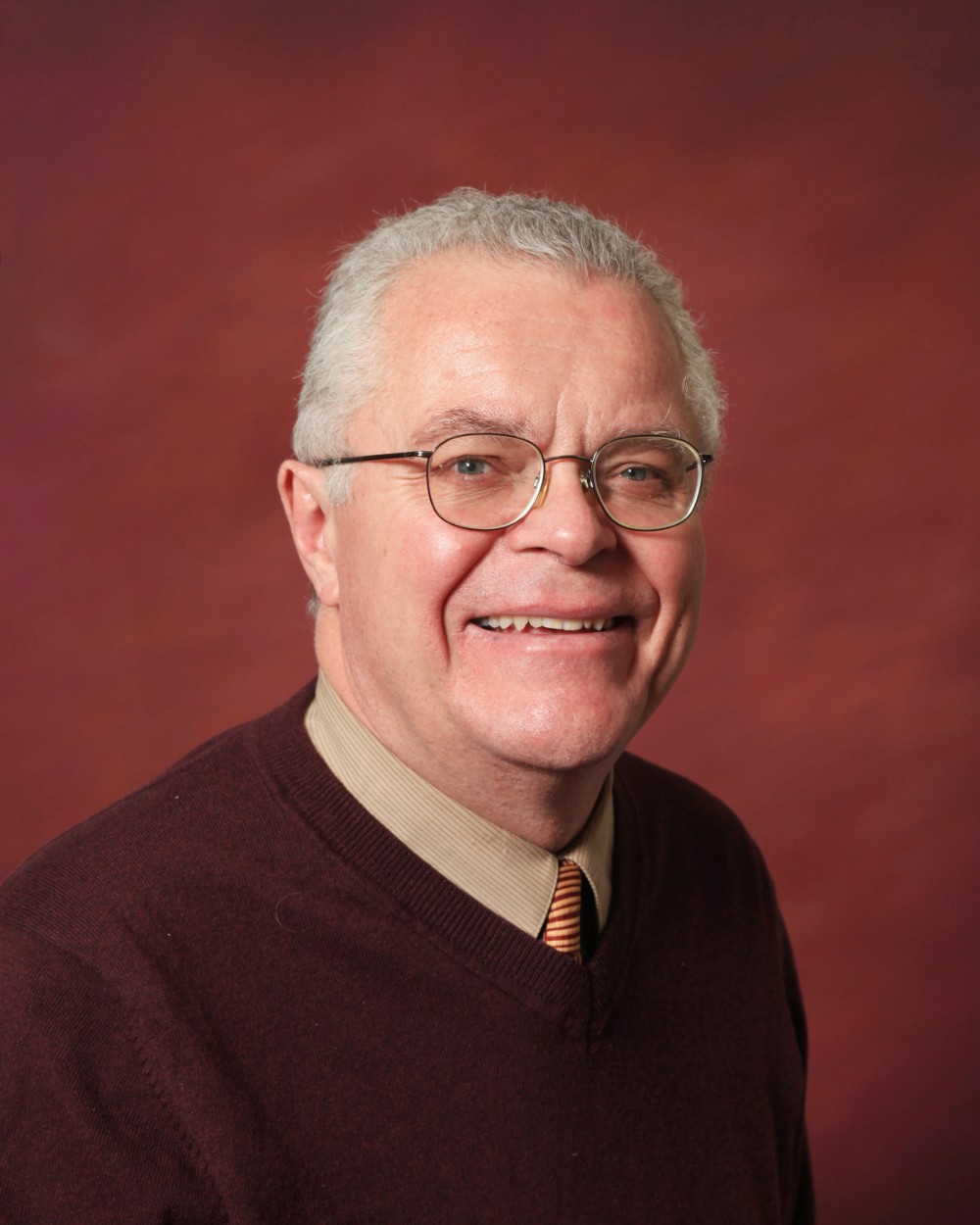Science is Killing Poetry According to SUU Professor
Published: September 03, 2014 | Author: Jessica Young | Read Time: 2 minutes
 Science in the past 100 years has led to the creation of the airplane, computer and cellular phones, and scientists have discovered faraway galaxies and cures for deadly diseases. But can science answer every question? Does science have limits?
Science in the past 100 years has led to the creation of the airplane, computer and cellular phones, and scientists have discovered faraway galaxies and cures for deadly diseases. But can science answer every question? Does science have limits?
Bryce Christensen, associate professor of English at Southern Utah University, will argue that science has its limits and it doesn’t have all the answers in his presentation as the 2014 Distinguished Faculty Lecturer Thursday, September 4 at 11:30 a.m.
Christensen, who began his academic career as a chemistry teacher and then after a college course realized science couldn’t answer every one of his questions and he began to gravitate toward creative literature to fill the void.
So where did Christensen, and where do we, find the answers to those universal questions; such as what is the purpose of life and where do I come from? Christensen firmly states it is in poetry.
“Poetry is the voice that speaks to every audience across the globe, but it has become a fugitive because of the rise of science,” he says. “With it’s labs, hypothesis and hard facts, it has desiccated the world of imaginative literature.”
In his upcoming convocation, “Protecting the Magic: How Poetry Survives in a Scientific World,” Christensen outlines how poetry and other forms of literature are losing their place in the modern world because people don’t see the potency and importance of the contemplation found in poetry.
Outlining the lives of well-known evolutionists Charles Darwin and Alfred Wallace, Christensen explains that both scientists began their lives deeply in love with poetry. As the idea of natural selection evolved Darwin engrossed himself in the science, forsaking poetry, and Wallace, who continued to love poetry, refused to believe that natural selection could explain the consciousness of man.
So how did their increasing and decreasing love of poetry differentiate these two scientists? Christensen explains that when one completely abandons poetry and absorbs science entirely they lose their magical view of the universe.
“A magical view of the universe comprises a belief in the spirits, inspiration and rituals, all of which are necessary to maintaining a love of poetry. Darwin lost that ability and his magical view,” stated Christensen.
He went on to say, “In the modern world we have a lot of Darwins who no longer respond to the magical view of the universe and therefore do not respond to poetry. If students want to be complete humans, not just money making machines, poetry needs to be a part of their life.”
Christensen will discuss in full details his idea of the importance of poetry during the 2014 Distinguished Faculty Lecture Thursday, September 4 at 11:30 a.m. in the Gilbert Great located within the Hunter Conference Center.
As with all University Convocations, Christensen’s presentation is free and open to the campus and general public.
Contact Information:
435-586-5400
Contact the Office of Marketing Communication
This article was published more than 5 years ago and might contain outdated information or broken links. As a result, its accuracy cannot be guaranteed.
